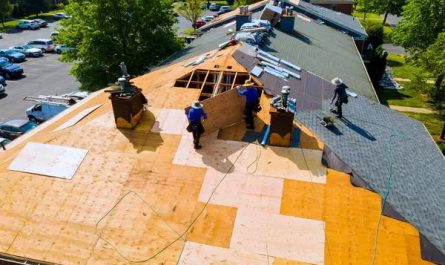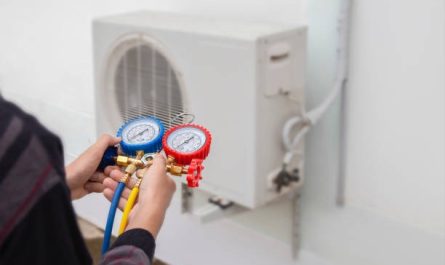Improving the energy efficiency of your heating and cooling system is not only beneficial to the environment but also to your pocket. By making some strategic adjustments and upgrades, you can significantly reduce your energy consumption, lower your utility bills, and increase the lifespan of your system.
The first step towards improving energy efficiency is regular maintenance. This includes cleaning or replacing air filters every one to three months depending on usage. A dirty filter restricts airflow, forcing the system to work harder than necessary which increases energy use. Regularly scheduled professional check-ups are also crucial as they can detect potential issues early before they become costly repairs or replacements.
Another effective way to improve energy efficiency in a heating and air conditioning cooling system is by installing a programmable thermostat. These devices offer precise control over temperature settings at different times of the day, reducing unnecessary heating or cooling when you’re not home or during sleeping hours. Some advanced models even learn from your habits and adjust accordingly for maximum efficiency.
Insulation plays a critical role in maintaining an efficient heating and cooling system too. Proper insulation keeps warm air from escaping during winter while preventing hot air from entering in summer thus reducing strain on the HVAC system. Inspect windows, doors, attics, walls, floors for any leaks or drafts that could be compromising insulation effectiveness.
Upgrading old systems can make a significant difference in terms of energy efficiency as well. Newer models are designed with advanced technology that helps them run more efficiently compared to older ones which often consume more power due to wear-and-tear effects over time.
Variable-speed technology found in modern HVAC units adjusts their output based on current conditions instead of operating at full capacity all the time hence consuming less power when demand is low.
Lastly but importantly is considering renewable sources such as solar panels for powering HVAC systems where feasible; this reduces reliance on fossil fuels thereby lowering carbon footprint substantially besides saving costs associated with conventional electricity use.
In conclusion, improving energy efficiency in your heating and cooling system is a multifaceted approach that involves regular maintenance, insulation, thermostat control, upgrading to energy-efficient models, and considering renewable energy sources. However small these steps may seem individually, when combined they contribute significantly towards reducing overall energy consumption and costs while fostering environmental sustainability.
Cooler Air Conditioning LLC
4005 E 11th St, Panama City, FL 32404
850-871-4343




